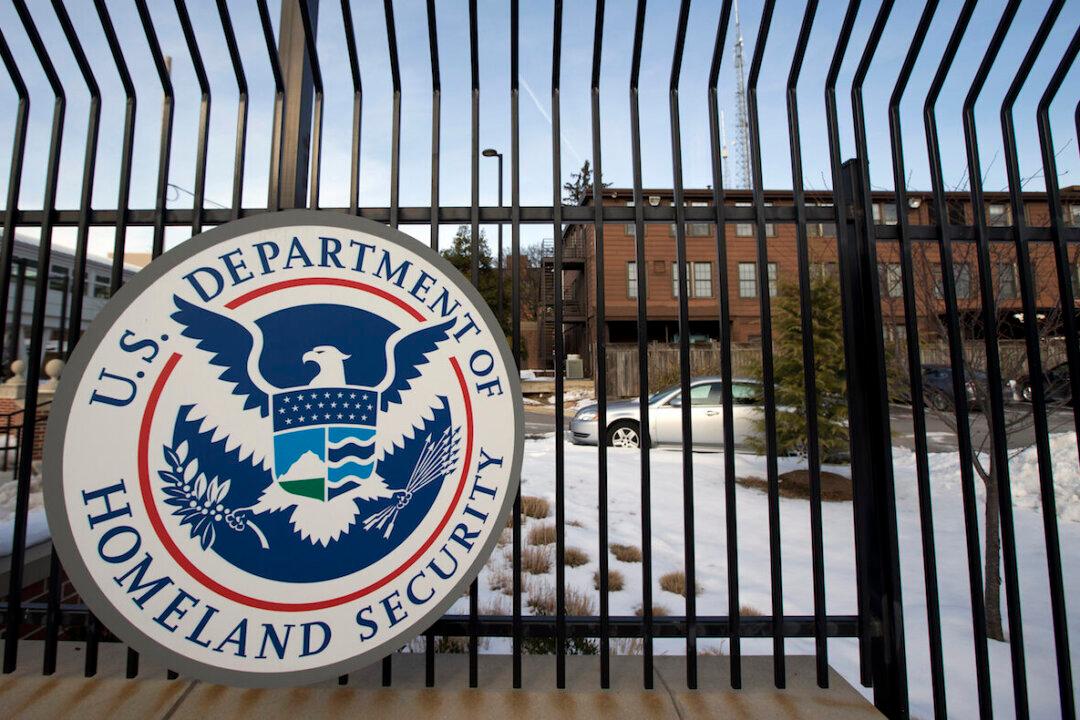The U.S. Department of Homeland Security (DHS) has spent millions of taxpayers’ dollars to purchase cellphone location data to track people’s movements, according to documents reviewed and released by the American Civil Liberties Union (ACLU).
It’s no secret that some U.S. government agencies have been buying and using cellphone location data without warrants. In 2020, The Wall Street Journal reported that both Immigration and Customs Enforcement (ICE) and the Internal Revenue Service (IRS) paid for access to a commercial cellphone location database, presumably in hopes of locating and tracking illegal immigrants and suspected tax evaders. Earlier this year, the U.S. Centers for Disease Control and Prevention was found to have spent $420,000 on cellphone location data to analyze COVID-19 lockdown compliance and map patterns of people visiting schools and churches.





